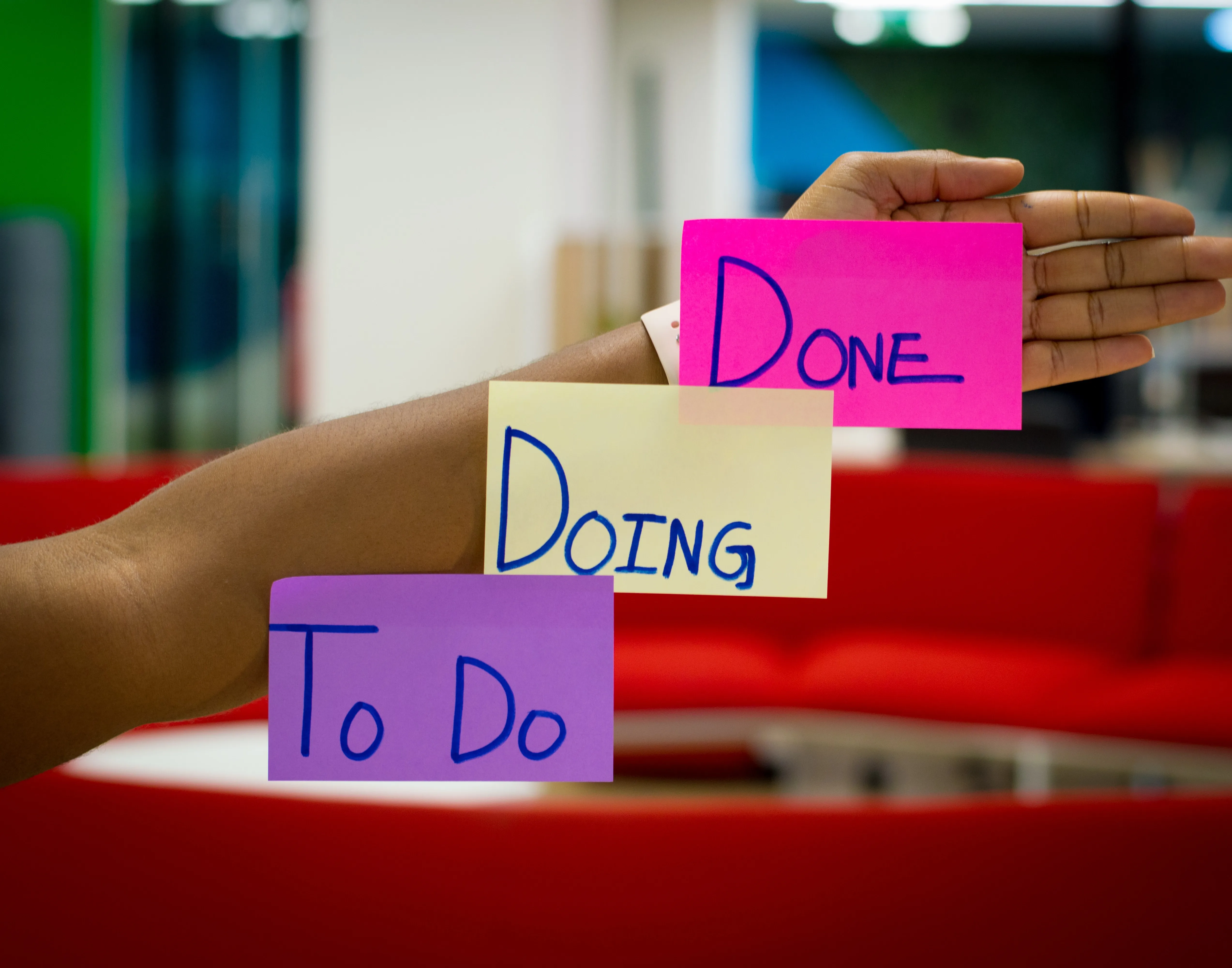Stress Management For Busy Professionals
Introduction:
In today's fast-paced and demanding professional world, stress has become a constant companion for many busy professionals. Juggling multiple responsibilities, meeting deadlines, and striving for success can often affect our mental and physical well-being. However, managing stress effectively is crucial to maintaining productivity, happiness, and overall health. In this blog post, we will explore some proven stress management techniques specifically tailored for busy professionals. Let's dive in and discover the key strategies that can help you find balance amid a hectic world.

Prioritise Self-Care:
Busy professionals often neglect their well-being in the pursuit of professional success. However, self-care should be a non-negotiable aspect of stress management. Allocate time each day for activities that recharge and rejuvenate you. This can include exercise, meditation, practising mindfulness, reading, or engaging in hobbies you enjoy. Remember, taking care of yourself is not a luxury but a necessity.
Effective Time Management:
One of the leading causes of stress among professionals is the feeling of being overwhelmed by an ever-growing to-do list. Mastering the art of time management can significantly alleviate this stress. Prioritise your tasks, break them into smaller, manageable chunks, and set realistic deadlines. Embrace productivity tools and techniques such as creating schedules, using task management apps, and practising the Pomodoro Technique to enhance focus and efficiency.
Delegate and Outsource:
The reluctance to delegate tasks often stems from the fear of losing control or a desire to maintain perfection. However, learning to delegate effectively can be a game-changer in stress reduction. Identify tasks that can be outsourced or delegated to capable colleagues or professionals, freeing up your time and mental energy to focus on higher-priority responsibilities. Remember, you don't have to do everything yourself.

Establish Boundaries:
With technology blurring the lines between work and personal life, establishing boundaries is crucial. Define clear working hours and create a separation between work and leisure time. Avoid checking emails or engaging in work-related activities outside of these designated hours. Disconnecting from work during your downtime allows you to recharge and be fully present in other areas of your life, reducing stress and improving overall well-being.
Practice Mindfulness and Relaxation Techniques:
Incorporating mindfulness and relaxation techniques into your daily routine can work wonders for stress management. Take short breaks throughout the day to practice deep breathing exercises, progressive muscle relaxation, or guided meditation. These practices help calm the mind, reduce anxiety, and increase focus, enhancing productivity and a greater sense of well-being.
Cultivate Supportive Relationships:
Maintaining a strong support system is essential for managing stress effectively. Cultivate relationships with colleagues, friends, and family members who understand and support your professional journey. Share your thoughts and concerns with them, seek advice when needed, and leverage their support to navigate challenging times. Sometimes, talking to someone who understands can provide immense relief and perspective.

Embrace Healthy Habits:
A healthy lifestyle goes hand in hand with stress management. Ensure you get sufficient sleep, eat a balanced diet, and engage in regular physical activity. Avoid relying on unhealthy coping mechanisms such as excessive caffeine consumption or unhealthy food choices. Nurturing your body through proper nutrition and exercise provides the foundation for mental and emotional resilience.
Conclusion:
Stress is an inevitable part of a busy professional's life, but it doesn't have to consume you. By incorporating these stress management techniques into your routine, you can find balance, enhance your well-being, and thrive in your professional and personal life. Remember, investing time and effort in managing stress is an investment in your long-term success and happiness.
